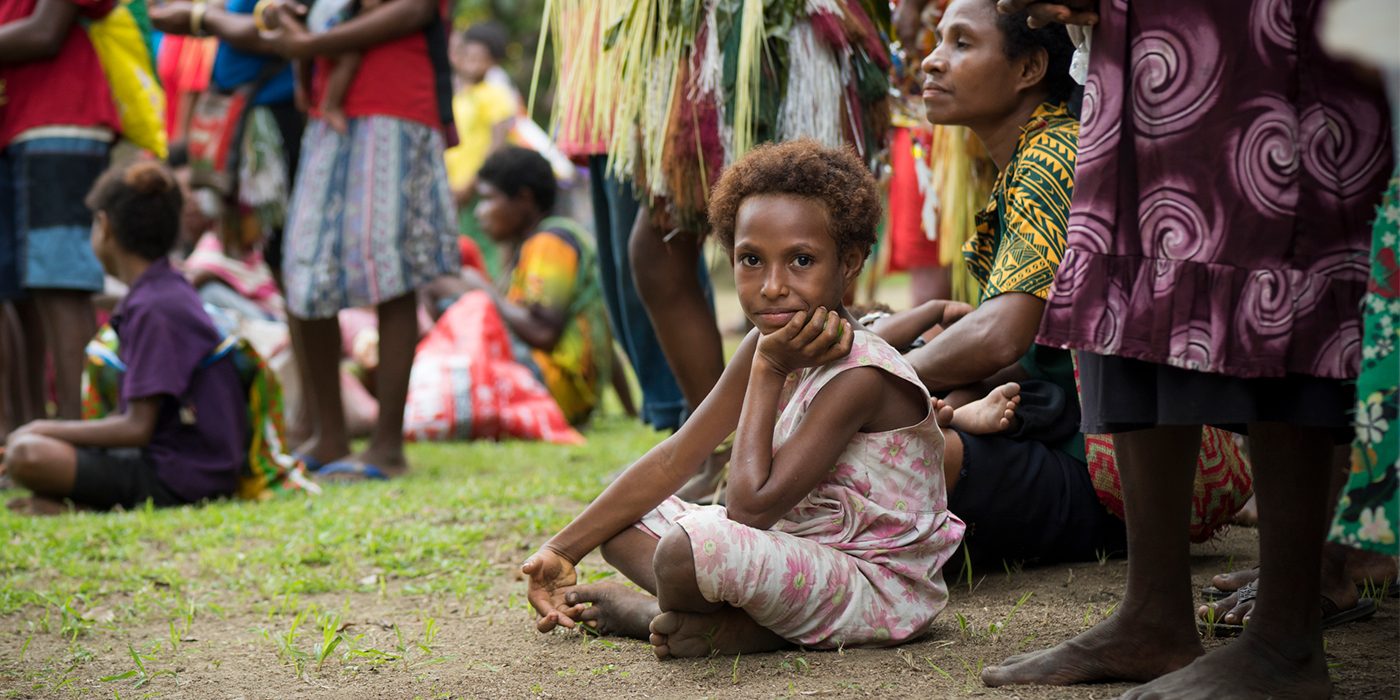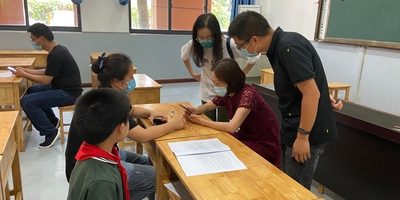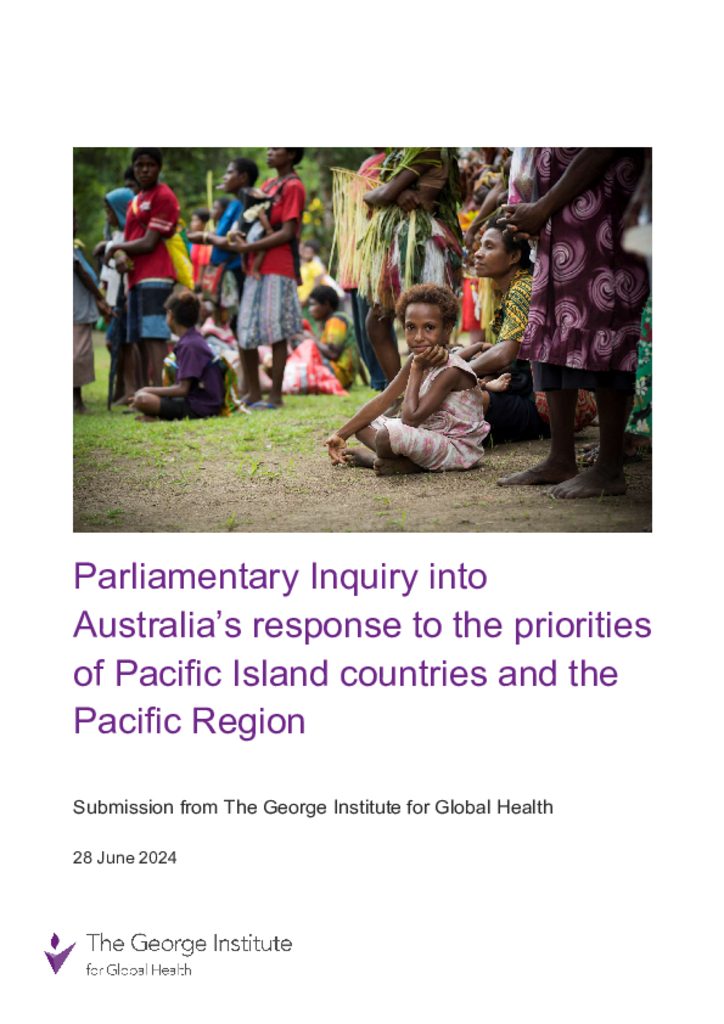An innovative education program to help schoolchildren understand the health harms of salt has led to significant reductions in risks for developing cardiovascular disease, not just in children but also in their families.
The School-based Education Program to Reduce Salt: Scaling-up in China (EduSaltS) was designed to develop, implement and evaluate the expansion of a school-based salt reduction program across diverse settings in China.
At the final project meeting, hosted by the Chinese Centre for Health Education (CCHE) and The George Institute for Global Health China, key stakeholders and policymakers celebrated the project's achievements and discussed the potential for future scaling up of the program.
Professor Puhong Zhang, the Principle Investigator of EduSaltS China and the deputy director of The George Institute China said that the program had great potential to improve population health.
“Not only did we see increased awareness, lower salt intakes and a measurable drop in blood pressure, there were also high levels of engagement in the program. We’re excited to see such good results and are looking forward to taking it further.”
Launched in December 2019 and concluding on 30 June 2024, EduSaltS included 308 schools with 1,644 classes, involving 72,498 students and their families across Qinhuangdao, Zhenjiang, and Ganzhou cities. The course registration rate and completion rate reached 98.0% and 83.5%, respectively. Evaluations revealed a 25% increase in salt reduction knowledge, attitudes and practices among children and a 15% increase among adults.
Furthermore, salt intake in adults, as measured by 24-hour urinary sodium excretion, was reduced by 0.4g, with a parallel study in Ganzhou demonstrating a reduction of 1g per day in salt intake and significant blood pressure improvements, lowering both systolic and diastolic blood pressure by more than 2 mmHg.
Over the past four years, EduSaltS has received global recognition. It was selected by Global Alliance for Chronic Diseases (GACD) as one of the case studies to highlight the impact of salt reduction on tackling noncommunicable diseases (NCDs). The leading partner of EduSaltS, The George Institute China, also received the 2024 World Hypertension League (WHL) Organizational Excellence Award for Population Global Hypertension Control.
Mr Qun’an Mao, Director General of the Planning Development and Information Department of the National Health Commission of China and Vice Director of the Office of the Healthy China Action Promotion Commission highly appreciated the impact EduSaltS has had.
“EduSaltS has made a significant contribution to promoting key components of Healthy China Action - the health promotion action for middle school and primary school, the health knowledge promotion action, and the healthy diet action,” he said in the opening session.
Mr Jing Wu, Deputy Director of CCHE, gave an opening remark on behalf of EduSaltS China Director, Mr Changning Li, who is the Party Chief and Director General of CCHE. “The project has pioneered a sustainable school-based health education model tailored to the Chinese context to reduce salt intake. It has combined routine school health education courses with salt reduction initiatives, significantly improving salt reduction knowledge and skills among children and adults and lowering their CVD risk,” he said.
The Chairman of the Project Steering Committee, Professor Xiaofeng Liang, is the Deputy Director of Chinese Preventive Medicine Association and the President of Diseases Prevention and Control Research Institute at Jinan University. Professor Liang spoke highly of the project.
“Implemented in a real-world setting, EduSaltS has achieved fruitful outcomes, demonstrating feasibility and effectiveness with substantial public health significance,” he said.
Tom Crawley, Deputy Director for Programmes and Partnerships at UKRI International introduced UKRI’s priority work in China, especially the collaboration with Chinese institutions in the areas of health research and innovation.
“It is impressive to see the significant improvement in salt reduction among children and their parents. The success of the EduSaltS project opens the door for similar educational programs to reduce hypertension not only in the UK but also globally,” he said.
Morven Roberts, CEO of GACD, who joined the meeting online said, “GACD supports high-quality implementation science research and provides evidence for governments and policymakers to implement large-scale programs around the world. As one of the GACD scale-up projects, EduSaltS provided robust evidence for expanding evidence-based interventions and made a great contribution to global NCD prevention and control”.
During the meeting, Dr Yuan Li, program head of nutrition and lifestyle, food policy at The George Institute China, and Dr Li Li, director of the surveillance and evaluation division in CCHE presented the project protocols and implementation, and the intervention development, respectively.
Professor Puhong Zhang, EduSaltS China Director and the deputy director of The George Institute China presented the project outcomes, outputs and highlighted the impact achieved. Representatives from the three participating cities also shared their experiences and best practices.
To acknowledge the support from the schools and local CDCs, the research team presented them with awards for their remarkable contributions to the project. In addition, hundreds of schoolchildren from the three cities participated in the Global Children's Art Contest organised by WHL to celebrate World Hypertension Day over the past four years and received certificates for Excellence in Art Awards for Hypertension Awareness.
In the panel discussion session, steering committee members and external experts discussed the challenges of scaling up the EduSaltS programme and growing its impact. Professor Xiaofeng Liang summarised the meeting and said, "The project outputs could be further refined, documented and promoted across China through existing platforms such as Health China Actions. Additionally, China’s experience should be widely disseminated to help reduce salt consumption and the NCD burden globally.”
The project was co-funded by the UK Medical Research Council (MRC) and Department of Health and Social Care (DHSC) through the National Institute for Health and Care Research (NIHR), under the Global Alliance for Chronic Diseases (GACD) research programme.
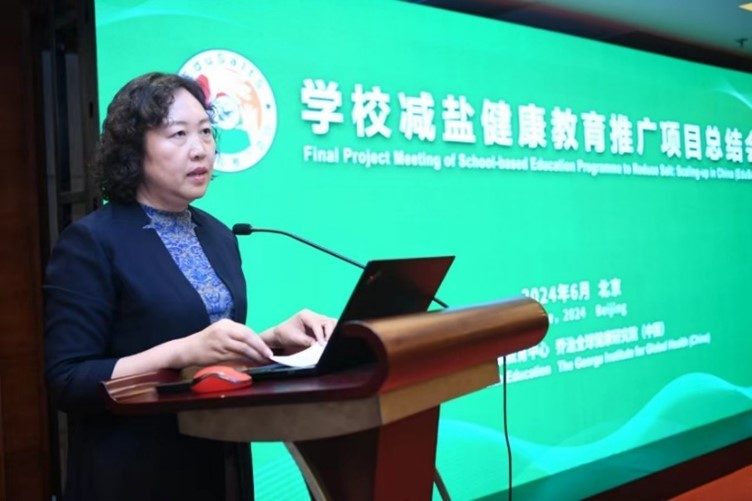
Professor Yinghua Li, CCHE Deputy Director, chairs the meeting and leads discussions on scaling EduSaltS's impact in China
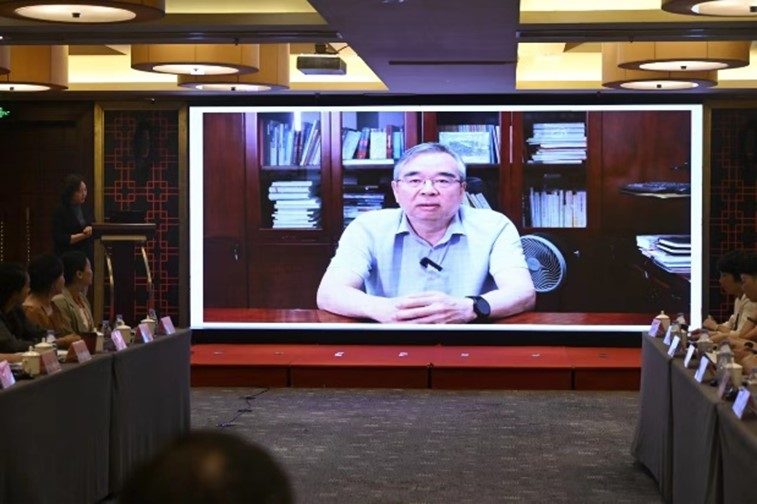
Mr Qun’an Mao, National Health Commission of China, praises EduSaltS for promoting health education and reducing salt intake.
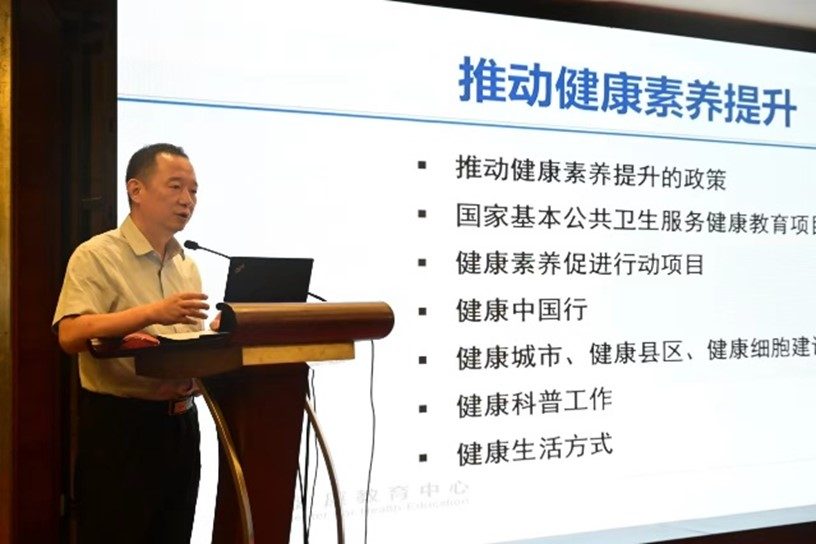
Mr Jing Wu, CCHE Deputy Director, highlights EduSaltS's innovative school-based health education model.
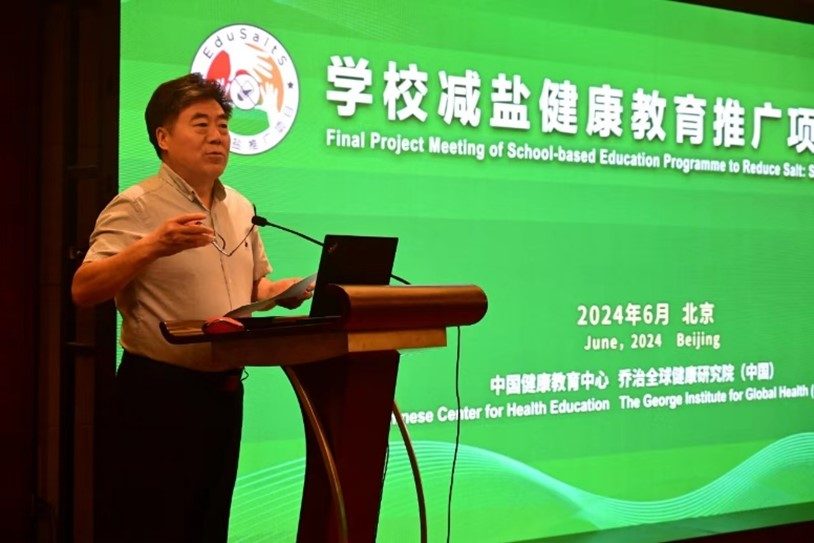
Professor Xiaofeng Liang, Chinese Preventive Medicine Association, recognised EduSaltS's real-world impact on public health
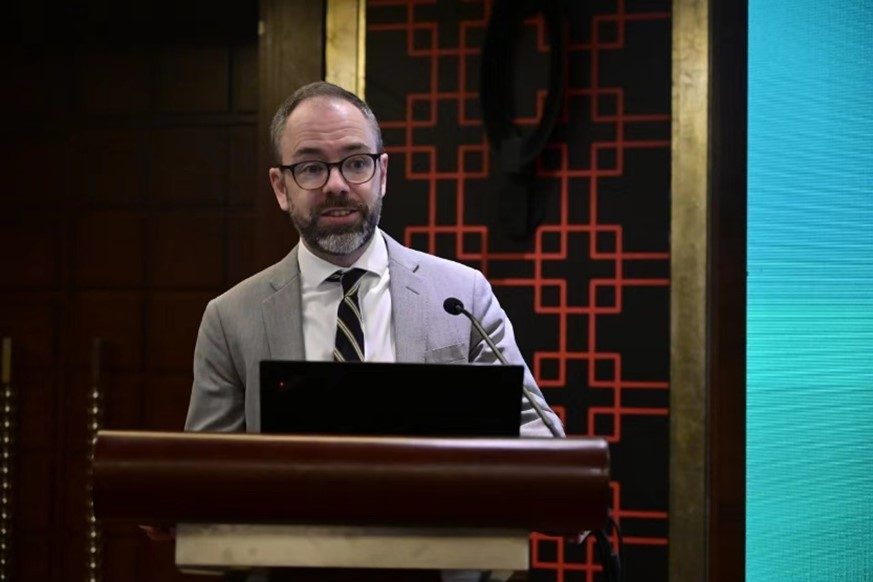
Tom Crawley, UKRI International, acknowledges EduSaltS's global potential in hypertension control
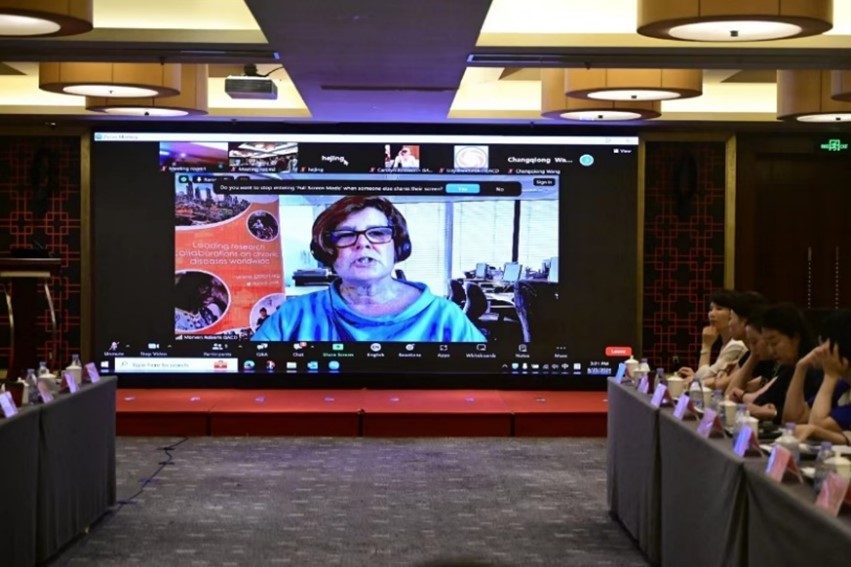
Morven Roberts, GACD CEO, recognises EduSaltS's contribution to global NCD prevention
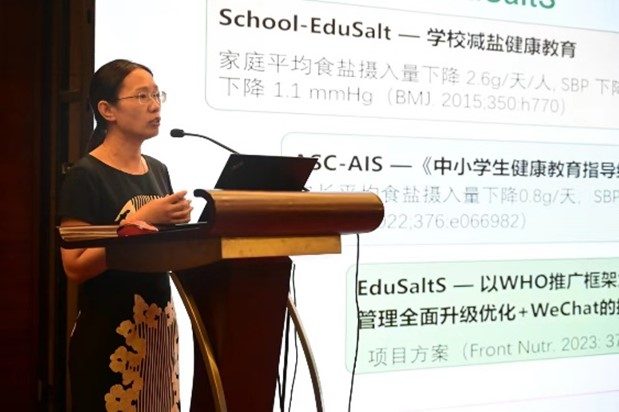
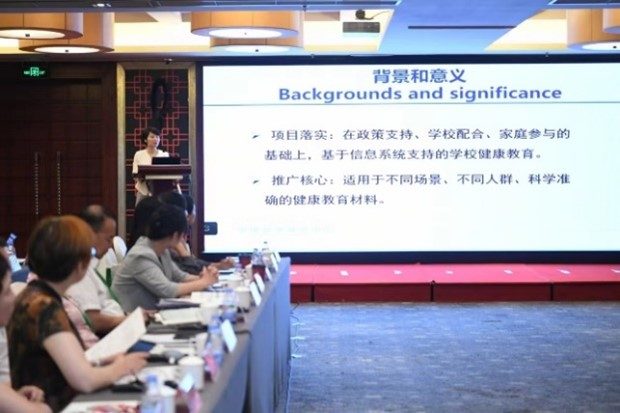
Dr Yuan Li (left) and Dr Li Li (right) presented the development of project protocols and implementation.
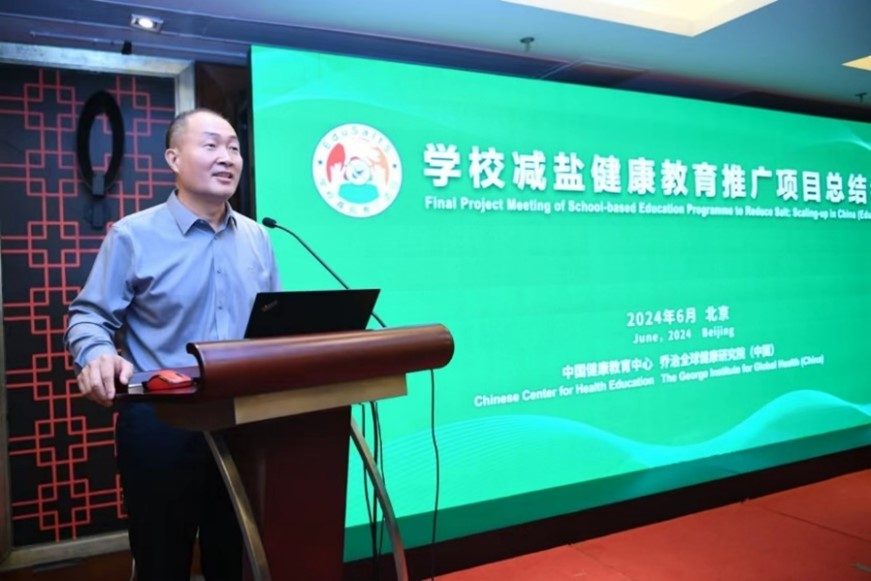
Professor Puhong Zhang, TGI China, highlights project outcomes and impact achieved
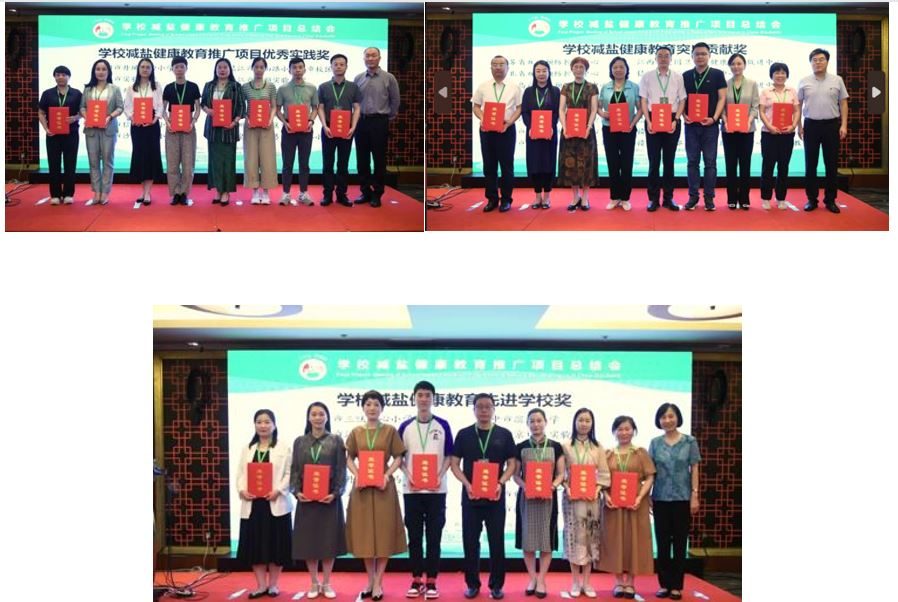
Awards presented to representatives of schools and local CDCs for their outstanding contributions to the EduSaltS project
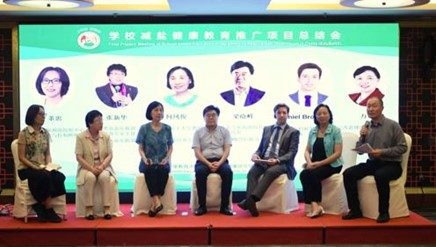
Panel discussion on scaling up the EduSaltS program to maximise its public health impact
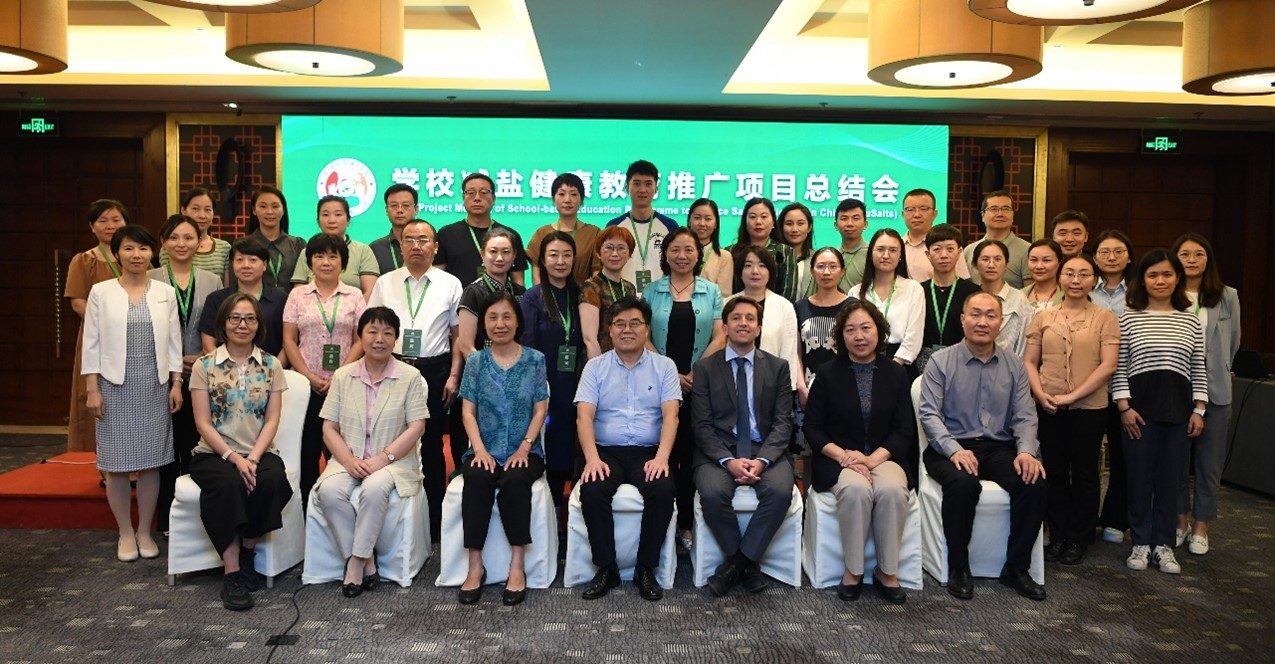
Panel discussion on scaling up the EduSaltS program to maximise its public health impact


